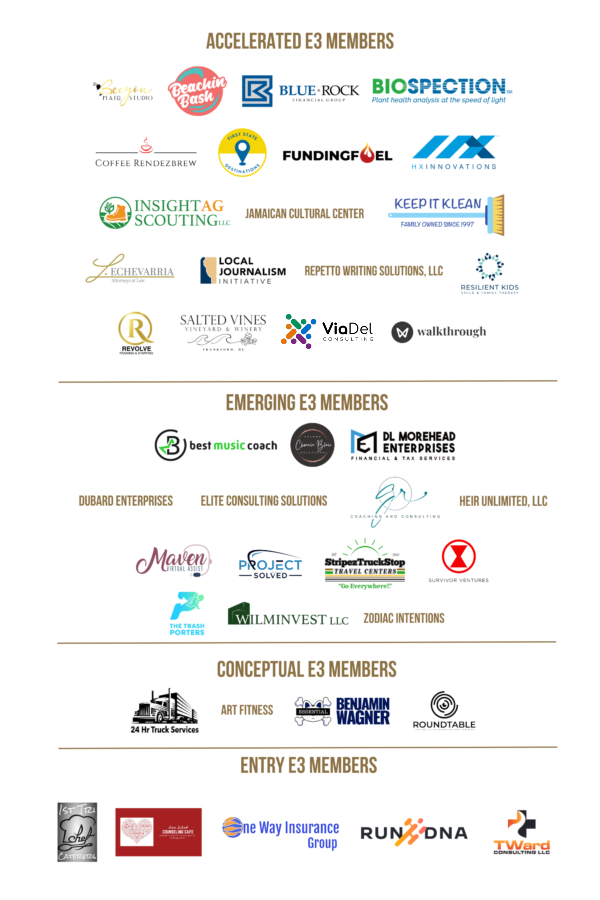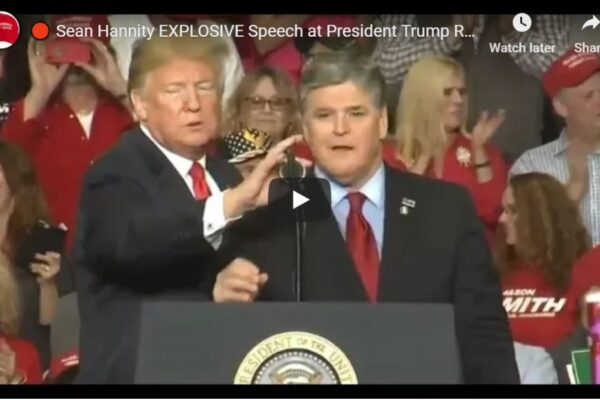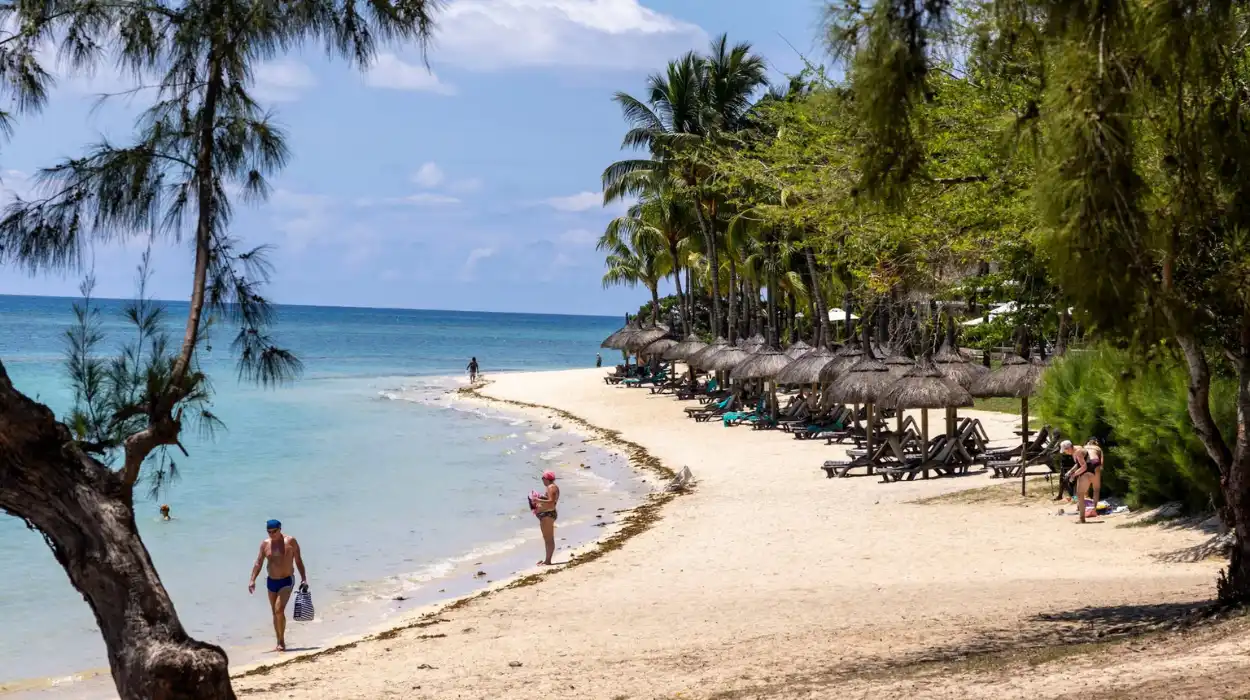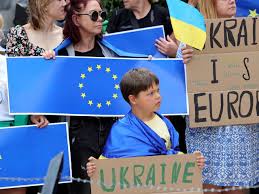
Introduction
The role of E3 leaders, comprising France, Germany, and the United Kingdom, has become increasingly significant in the complex landscape of international relations. With their ability to advocate for collective action on pressing global issues such as climate change, security, and nuclear non-proliferation, these nations are not only pivotal to European stability but also influence broader global outcomes.
Recent Developments and Global Context
In recent months, the E3 leaders have faced a multitude of challenges. Most notably, their combined efforts to tackle the Iranian nuclear threat have been underscored by renewed tensions as Iran advances its nuclear programme. Following a series of joint statements urging Iran to comply with the Joint Comprehensive Plan of Action (JCPOA), France, Germany, and the UK have reiterated their commitment to preventing nuclear proliferation and maintaining regional stability.
Furthermore, with the ongoing effects of the COVID-19 pandemic and the urgency of addressing climate change, the E3 countries have also positioned themselves as advocates for coordinated global responses. At the recent United Nations Climate Change Conference (COP27), they collectively pushed for greater commitments from industrialised nations to reduce carbon emissions and finance sustainable development projects in developing countries.
Influence on Security and Defence
The E3’s influence extends into security and defence, particularly concerning Eastern Europe. With the conflict in Ukraine at the forefront of international security concerns, the leaders have demonstrated unity in imposing sanctions against Russia and providing military and humanitarian assistance to Ukraine. This action reflects their commitment to upholding international norms and deterring aggression against sovereign nations.
Conclusion
The implications of E3 leadership extend beyond European borders. As these nations continue to collaborate on critical issues, their actions resonate globally, influencing regional security dynamics and international policy. Moving forward, the E3 leaders are likely to face both opportunities and obstacles in their quest to maintain a leadership position on the world stage. Their ability to foster constructive dialogue and cooperation will be crucial in addressing the multifaceted challenges that lie ahead. As global citizens, staying informed on the decisions made by E3 leaders can provide insight into the direction of international relations and the socio-political landscape for years to come.
You may also like

The Significance of the West in Today’s World


An Overview of the Ongoing Situation in Ukraine
SEARCH
LAST NEWS
- Remembering Wendy Richard: The Promise to Co-Star Natalie Cassidy
- How Did Anglian Water Achieve an ‘Essentials’ Rating for Mental Health Accessibility?
- Shai Hope Leads West Indies in T20 World Cup Clash Against South Africa
- What We Know About Weston McKennie: Future at Juventus and Past at Leeds
- What We Know About the Upcoming Live Nation Antitrust Trial